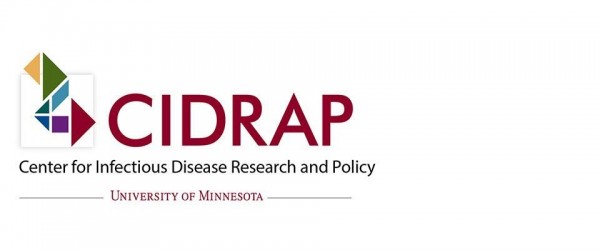
Editor's Note Advocacy begins where safety meets purpose. That was the resounding message from UF Health Shands’ Michele Brunges, MSN, RN, CNOR, CHSE, director of surgical services; Katherine Hayes, BSN, RN, CNOR-CARD, nursing professional development specialist for perioperative services; and Kristy Perry, MSN, RN, CNOR, clinical coordinator of the north…

Editor's Note Hands-on, simulation-based education can dramatically raise confidence and communication among perioperative teams learning robotic-assisted surgery, AORN Journal October 22 reports. The article profiles how one nurse leader at Duke University Hospital built a comprehensive robotics training program that helped staff achieve near-total confidence in managing robotic systems safely…

Editor's Note Three days of education and networking await perioperative leaders attending this week’s OR Manager Conference, which runs through Thursday, October 30, at the Anaheim Convention Center in Anaheim, California. By the time Dan Weberg, PhD, MHI, RN, FAAN, takes the stage Tuesday morning with his opening keynote, "Healthcare’s…

Editor's Note Hospitals can reduce anesthesia costs by up to 30% and significantly curb provider burnout by embracing technology-enabled collaboration with anesthesiology practices, Surgical Directions August 27 reports. The report outlines how rising demand, workforce shortages, and variable pay structures have pushed anesthesia expenditures up sharply in recent years. Traditional…

Editor's Note The Centers for Medicare & Medicaid Services (CMS) has activated shutdown rules that confine Medicare survey and certification work to health and safety essentials, according to an October 21 memo from the agency. Per the revised memorandum, excepted work during the federal shutdown includes investigations of complaints and…

Editor's Note Fifteen states and territories are banding together to rebuild the nation’s weakened public health infrastructure as federal support falters, CIDRAP October 17 reports from October 15 Wall Street Journal coverage. According to the news, Democratic governors have launched the Governors Public Health Alliance, a nonpartisan, nonprofit effort to…

Editor's Note Hospitals are bracing for service reductions as anesthesia staffing shortages collide with reimbursement cuts, Modern Healthcare October 14 reports. Executives and staffing experts see mounting financial strain that could limit patient access and stall growth plans, with rural facilities most exposed. As detailed in the article, systems continue…

Editor's Note The Joint Commission has made nurse staffing a national benchmark for hospital accreditation, formally recognizing it as a core measure of patient safety and care quality, Nurse.org October 13 reports. For the first time, hospitals must meet specific staffing standards to earn or maintain accreditation. Under the new…

Editor's Note Federal officials’ public rebuke of the Coalition for Health AI (CHAI) highlights mounting tensions over who should shape guardrails for artificial intelligence (AI) in healthcare, Modern Healthcare October 10 reports. As hospitals accelerate AI adoption, industry leaders, regulators, and developers are clashing over how to ensure the technology’s…

Editor's Note This year, the OR Manager Conference promises playbooks attendees can put to work the day they return home. The event, being held in Anaheim on October 28–30, targets the system-level goals perioperative leaders are accountable for: capacity, cost, culture, and safety across multi-site enterprises. Attendees will get concrete…